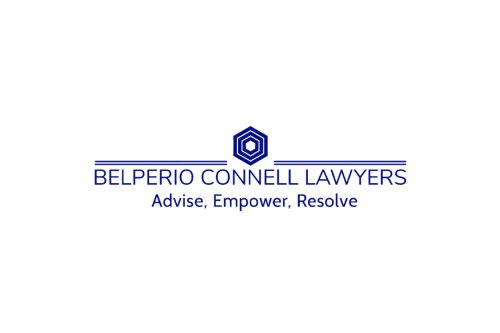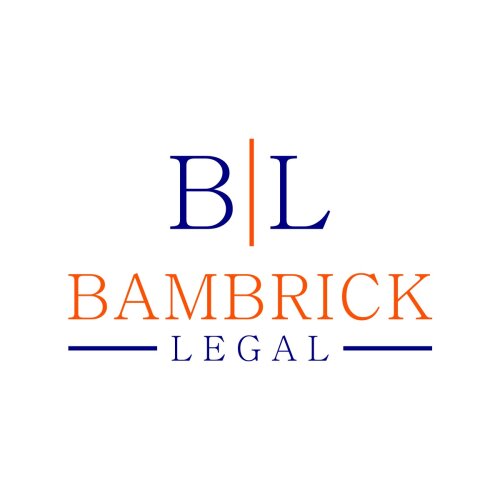Best Guardianship Lawyers in Adelaide
Share your needs with us, get contacted by law firms.
Free. Takes 2 min.
List of the best lawyers in Adelaide, Australia
About Guardianship Law in Adelaide, Australia:
Guardianship law in Adelaide, Australia, pertains to the legal authority given to an individual to make important decisions for someone who is unable to make decisions for themselves. This can include decisions regarding healthcare, accommodation, and financial matters for individuals who are deemed incapable of making these decisions independently.
Why You May Need a Lawyer:
There are several situations in which you may need a lawyer for Guardianship matters in Adelaide. Some common reasons include disputes over who should be appointed as a guardian, challenges to a guardianship order, or concerns about the welfare of a vulnerable individual under guardianship.
Local Laws Overview:
In Adelaide, Australia, Guardianship laws are governed by the Guardianship and Administration Act 1993. This legislation outlines the process for appointing a guardian, the duties and responsibilities of guardians, and the rights of the person under guardianship. It also sets out the criteria for determining incapacity and the procedures for reviewing and challenging guardianship orders.
Frequently Asked Questions:
1. What is a guardian?
A guardian is a person appointed to make decisions on behalf of someone who is deemed incapable of making decisions for themselves.
2. How is incapacity determined?
Incapacity is determined by medical professionals who assess the individual's ability to understand and make decisions about their personal and financial affairs.
3. Can I challenge a guardianship order?
Yes, you can challenge a guardianship order by applying to the South Australian Civil and Administrative Tribunal (SACAT) for a review of the decision.
4. What are the duties of a guardian?
A guardian is responsible for making decisions in the best interests of the person under guardianship, including decisions about healthcare, accommodation, and financial matters.
5. Can I appoint more than one guardian?
Yes, you can appoint more than one guardian, and they can be joint guardians or have specific areas of responsibility allocated to each.
6. How long does a guardianship order last?
A guardianship order is typically reviewed annually by SACAT, but it can be revoked or extended depending on the individual's circumstances.
7. Are there alternatives to guardianship?
Yes, there are alternatives such as supported decision-making agreements, enduring powers of attorney, and advanced care directives that can be put in place instead of guardianship.
8. Can a guardian be removed?
Yes, a guardian can be removed if they are found to be not acting in the best interests of the person under guardianship or are no longer able to fulfill their duties.
9. How can I apply to become a guardian?
You can apply to become a guardian by lodging an application with SACAT and following the necessary procedures outlined in the Guardianship and Administration Act 1993.
10. Do I need a lawyer for a guardianship matter?
While it is not mandatory to have a lawyer, seeking legal advice can help ensure that your rights are protected and that the best interests of the individual under guardianship are upheld.
Additional Resources:
For more information on Guardianship in Adelaide, Australia, you can visit the South Australian Civil and Administrative Tribunal (SACAT) website or contact the Office of the Public Advocate for advocacy and support services.
Next Steps:
If you require legal assistance with a guardianship matter in Adelaide, Australia, it is recommended to consult with a qualified lawyer who specializes in family law or guardianship issues. They can provide guidance on your rights and options and help you navigate the legal process effectively.
Lawzana helps you find the best lawyers and law firms in Adelaide through a curated and pre-screened list of qualified legal professionals. Our platform offers rankings and detailed profiles of attorneys and law firms, allowing you to compare based on practice areas, including Guardianship, experience, and client feedback.
Each profile includes a description of the firm's areas of practice, client reviews, team members and partners, year of establishment, spoken languages, office locations, contact information, social media presence, and any published articles or resources. Most firms on our platform speak English and are experienced in both local and international legal matters.
Get a quote from top-rated law firms in Adelaide, Australia — quickly, securely, and without unnecessary hassle.
Disclaimer:
The information provided on this page is for general informational purposes only and does not constitute legal advice. While we strive to ensure the accuracy and relevance of the content, legal information may change over time, and interpretations of the law can vary. You should always consult with a qualified legal professional for advice specific to your situation.
We disclaim all liability for actions taken or not taken based on the content of this page. If you believe any information is incorrect or outdated, please contact us, and we will review and update it where appropriate.











